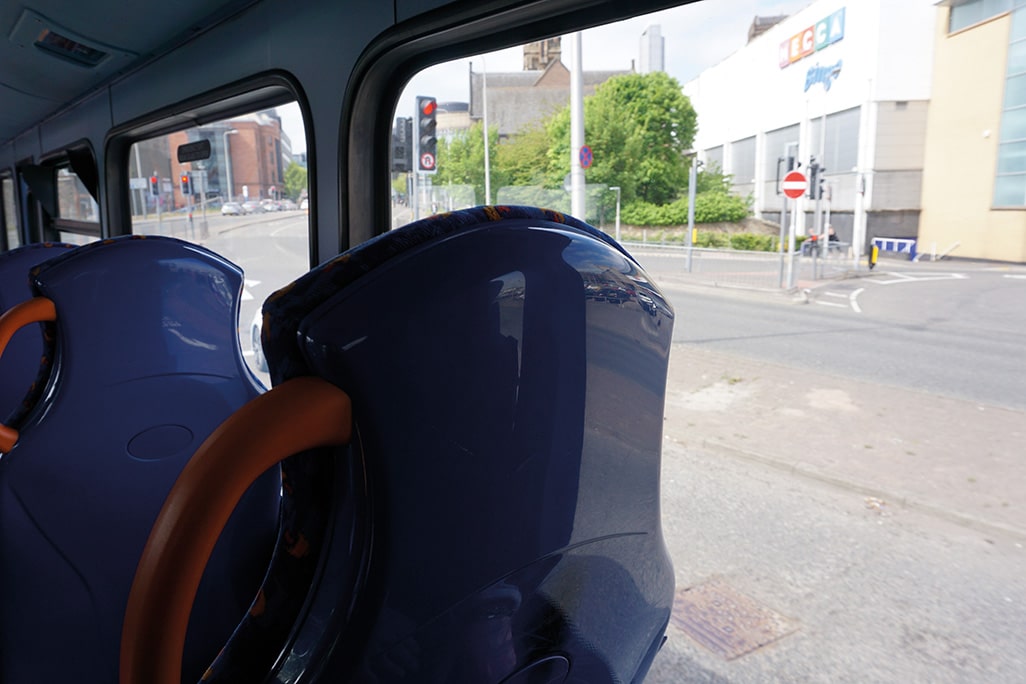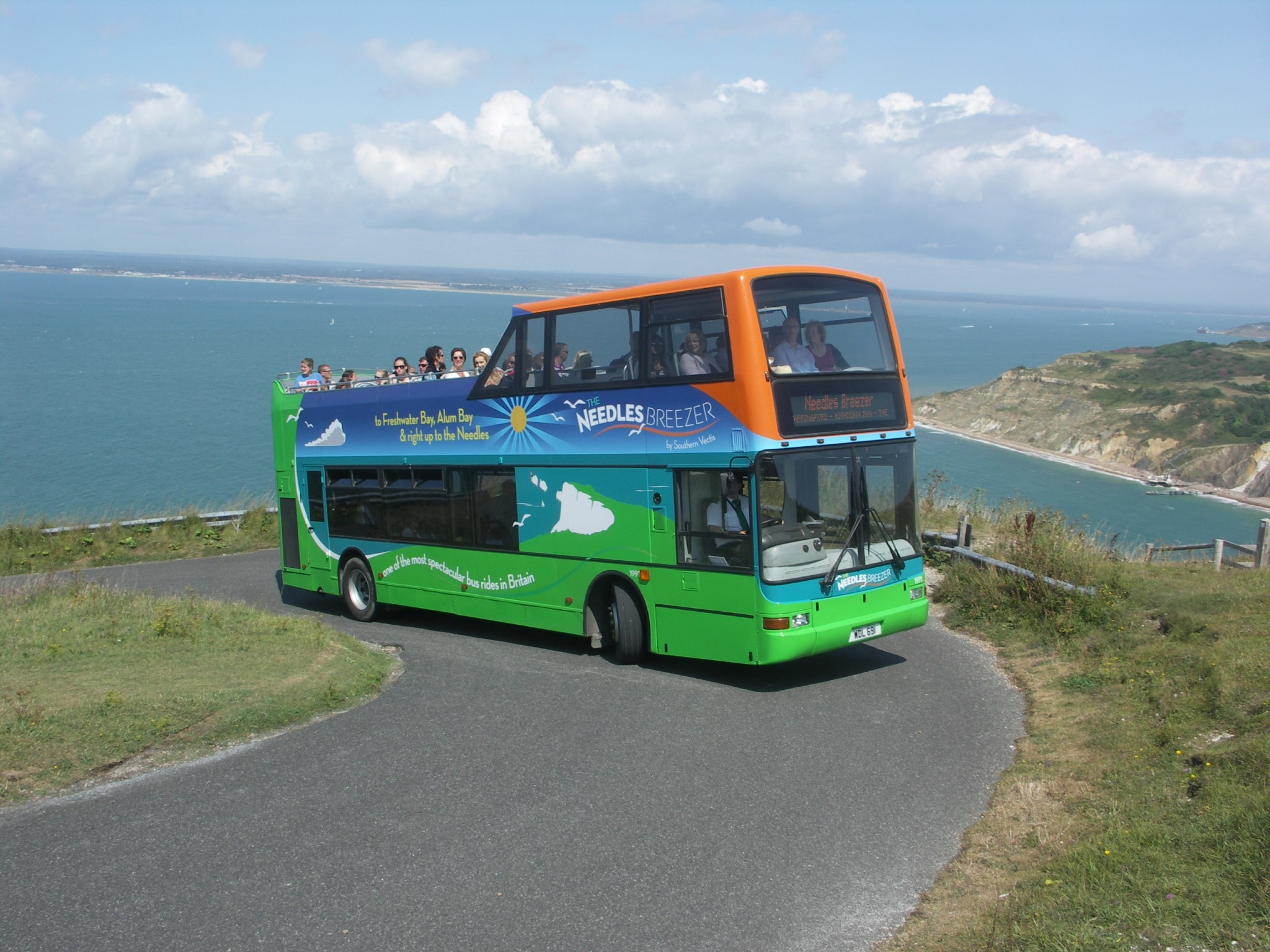It’s an age-old problem and one which has no obvious answer: Vandalism. In some areas it is on the rise. What can be done about it?
McGill’s Buses CEO Ralph Roberts was one of the first operators to highlight growing troubles with violent attacks on its buses to routeone, after sharing the growing cost of damage on social media in March.
As a matter of fact, Ralph does not acknowledge the attacks as “vandalism”. For him, vandalism is internal; slashed seats, bent rails. Instead, he describes this in similar terms to the police: Reckless and culpable behaviour.
“When someone is throwing the equivalent of a house brick through a window when you’ve got people sitting on the other side of that window, we don’t class that as vandalism,” Ralph says. “And the police here don’t class that as vandalism either.
“We had a young lady taken to hospital one night when a brick came through a window and hit her in the head. That’s not vandalism. We’ve also had a driver who brought the bus to a halt because a brick came through the side window and narrowly missed him. If it had, goodness knows what the result of that would have been. These are not vandalism incidents. These are attacks.”
 Rising incidents, rising costs
Rising incidents, rising costs
The problem is nothing new. McGill’s had suspended services due to attacks in September 2021, but Ralph believes the issue is worsening. McGill’s says it is seeing attacks in urban operations primarily in Renfrewshire, close to Glasgow. There is also a growing number of attacks in Dundee. And McGill’s has to foot the bill.
A graph published on Ralph’s Twitter feed on 1 March shows the escalating cost of these rising incidents. In February, it more than doubled over the previous month, in excess of £30,000.
Unfortunately, nobody seems to have an answer as to why this is happening. “It’s not just within bus that it’s increasing,” adds Ralph. “Speaking to other business sectors, we are hearing incidents of restaurants closing their doors to people of certain age after a certain time of night.”
Age seems to be a determining factor. Ralph notes that the attacks are predominately coming from “secondary school age kids” and that this spells a worrying trend for society. “We’ve got something going on when we have school-age kids causing this kind of mayhem,” he says. “What’s behind all of this? I do not know. Is it something to do with COVID-19, lockdowns? Is it something to do with the missed schooling or something else in society? Goodness only knows, but it’s on the increase, and bus is one of the areas that’s feeling the pain.”
Incidents highlighted in Manchester
The Greater Manchester Bus Services Subcommittee minutes from 18 March further highlight the problems of vandalism happening in the North of England. It shows that incidents of vandalism were “significantly high” at operator Diamond Bus, with £60,000 spent in 2021 repairing broken windows, and as many as three to five buses being taken off the road some days.
“Our most common act of vandalism is the smashing of windows,” says Tony Clegg, Operations Manager at Diamond Bus Northwest. “This happens on a weekly basis through groups of youths (of various ages) throwing missiles at passing vehicles while in service and carrying passengers. We have also recently experienced an uplift in internal damage to vehicles. These include seats being slashed with knives. We recently had 15 seats slashed on one vehicle alone.”
That damage has happened on “practically every route” the company operates. Naturally, that causes disruption to communities that rely on services when vehicles are pulled back due to damage. The gangs of youths responsible are of similar age to those responsible for attacks on McGill’s buses, though there are also reports of grown adults hurling beer bottles at services in town centres. Tony believes the younger offenders do not understand the consequences of their actions.
Diamond Bus has acted by investing in CCTV for buses, which has helped to identify individuals who carry out such acts. Weekly meetings with Greater Manchester Police and its Travelsafe unit also mean the operator is able to discuss trends in violence and areas of concern. Two schoolchildren have been prosecuted, with their identities traced back to their schools.
But two schoolchildren does not a gang of youths make, a disconcerting fact in this saga. Police assistance is welcome, but Tony hints that it can feel like a losing battle: “The police are assisting operators with investigations surrounding these acts of vandalism and do concentrate on areas of concern. Unfortunately, due to the limited resource they have, and the wide area in which the issues are occurring, some estates are being overrun by groups of individuals intent on causing damage.”
Identification is always the problem, he adds. “While onboard cameras give a clear view of the individuals causing the damage, identifying and tracing them is the issue. We have, on occasions, managed to trace them due to the school uniforms they are wearing, which we do chase up with the school, but it does prove difficult to trace ‘normally dressed’ travellers. When vehicles are moving at speed, it is also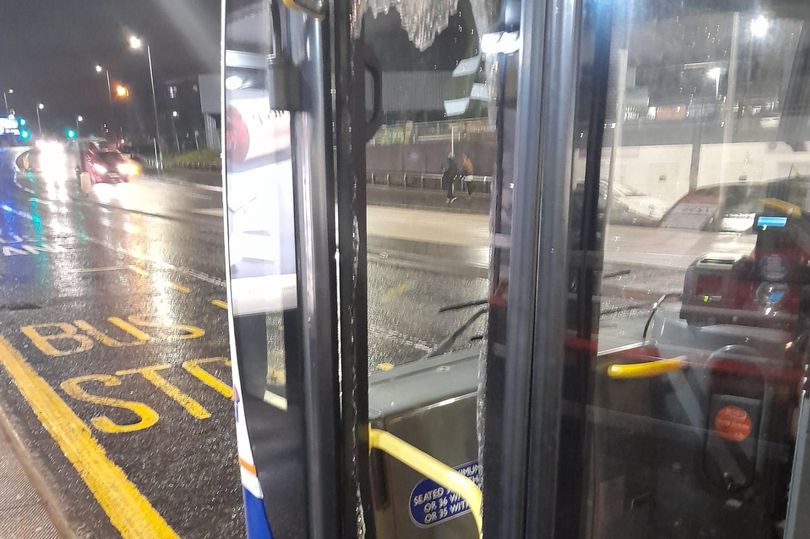
While Tony reveals Diamond Bus is in constant worry in regard to vandalism, which is not confined to any particular time of year, the reality now is that school holidays are “causing operators a concern” as more youths take to the streets in groups. “That then has the potential to start a nightly trend of vandalism,” he says.
The police have taken a slightly different approach at McGill’s. They have travelled undercover on buses. That has been met enthusiastically by Ralph, but the issue of finite resources once again limits the ability to shadow every bus. “We have a lot of buses operating out there. It’s unfeasible to expect the police to put in the presence needed to protect every vehicle.
“But the police have been very good in terms of the response. We couldn’t ask or expect them to do any more. We have a societal issue, and we need to find a way to deal with it.”





















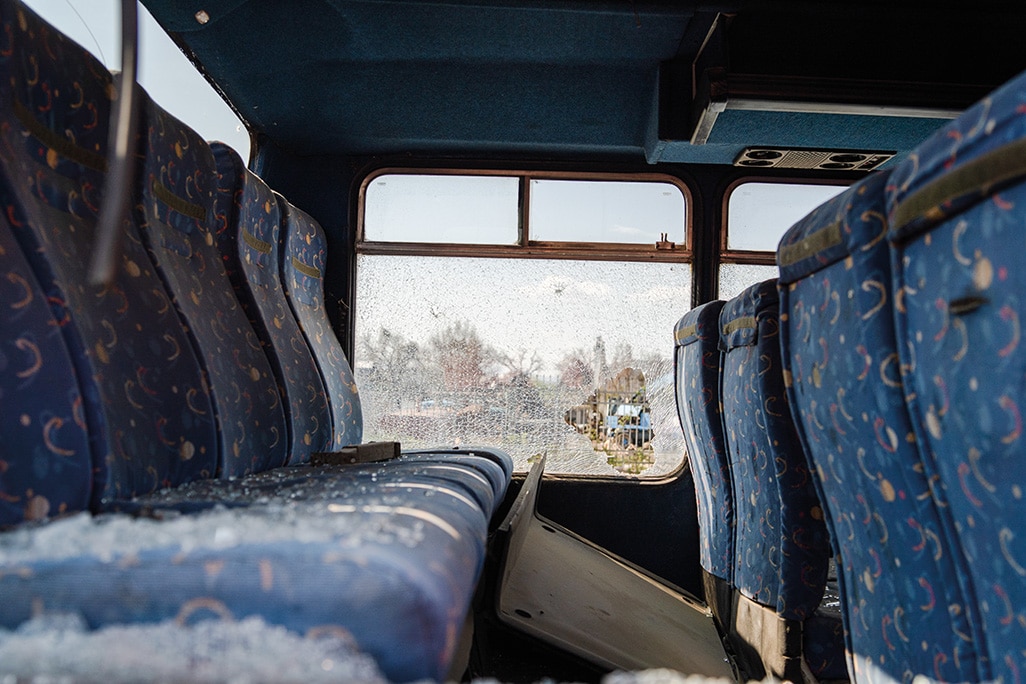
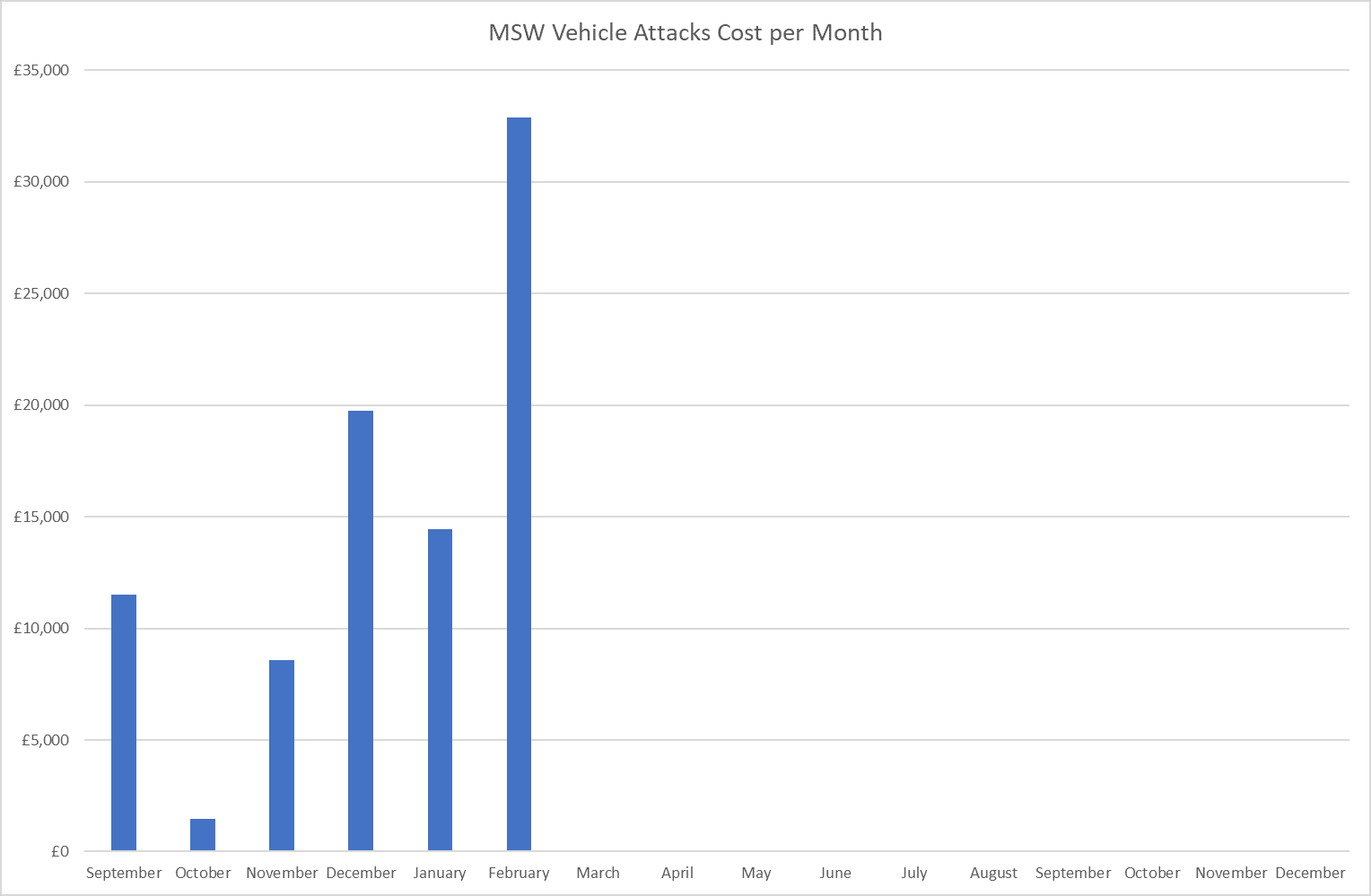 Rising incidents, rising costs
Rising incidents, rising costs